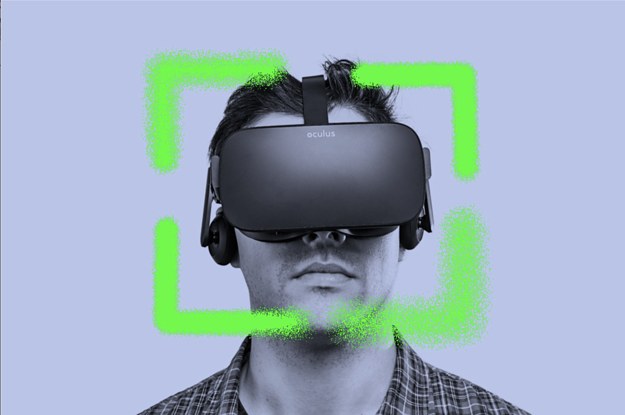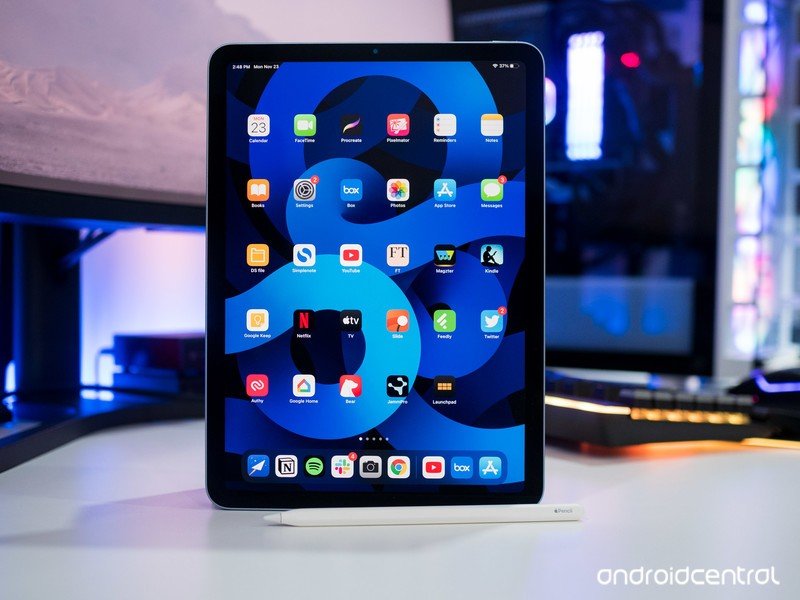Meanwhile, Meta’s present privacy procedures for VR gadgets depart lots of place for the selection of own, biological knowledge that reaches beyond a user’s confront. As Katitza Rodriguez, policy director for world wide privateness at the Digital Frontier Foundation, famous, the language is “broad plenty of to encompass a large assortment of potential knowledge streams — which, even if not remaining collected currently, could begin becoming gathered tomorrow devoid of essentially notifying customers, securing extra consent, or amending the policy.”
By requirement, digital actuality components collects fundamentally various info about its end users than social media platforms do. VR headsets can be taught to recognize a user’s voice, their veins, or the shading of their iris, or to capture metrics like heart rate, breath amount, and what leads to their pupils to dilate. Fb has submitted patents relating to numerous of these data assortment forms, which include one that would use things like your encounter, voice, or even your DNA to lock and unlock equipment. An additional would contemplate a user’s “weight, force, stress, heart price, strain amount, or EEG data” to produce a VR avatar. Patents are generally aspirational — covering likely use cases that in no way arise — but they can in some cases present perception into a company’s potential programs.
Meta’s existing VR privacy policies do not specify all the styles of info it collects about its consumers. The Oculus Privacy Configurations, Oculus Privateness Plan, and Supplemental Oculus Information Coverage, which govern Meta’s present-day virtual reality offerings, deliver some facts about the wide types of info that Oculus units acquire. But they all specify that their info fields (things like “the situation of your headset, the velocity of your controller and improvements in your orientation like when you transfer your head”) are just examples within those categories, instead than a comprehensive enumeration of their contents.
The illustrations specified also do not express the breadth of the types they are intended to signify. For case in point, the Oculus Privacy Plan states that Meta collects “information about your atmosphere, actual physical actions, and proportions when you use an XR machine.” It then provides two examples of this kind of assortment: facts about your VR perform space and “technical info like your approximated hand measurement and hand motion.”
But “information about your natural environment, physical movements, and dimensions” could describe knowledge factors much over and above estimated hand sizing and game boundary — it also could contain involuntary response metrics, like a flinch, or uniquely identifying actions, like a smile.
Meta two times declined to detail the forms of information that its products obtain currently and the types of details that it designs to obtain in the long run. It also declined to say no matter if it is now collecting, or strategies to accumulate, biometric info these kinds of as heart level, breath level, pupil dilation, iris recognition, voice identification, vein recognition, facial movements, or facial recognition. Instead, it pointed to the guidelines joined above, adding that “Oculus VR headsets at the moment do not procedure biometric details as described below applicable law.” A organization spokesperson declined to specify which guidelines Meta considers relevant. Nonetheless, some 24 hours after publication of this tale, the firm advised us that it does not “currently” accumulate the forms of facts comprehensive above, nor does it “currently” use facial recognition in its VR gadgets.
Meta did, having said that, offer added information about how it works by using personal information in promotion. The Supplemental Oculus Phrases of Company say that Meta might use details about “actions [users] have taken in Oculus products” to serve them adverts and sponsored information. Depending on how Oculus defines “action,” this language could allow it to target adverts primarily based on what tends to make us bounce from fear, or will make our hearts flutter, or our arms sweaty.




